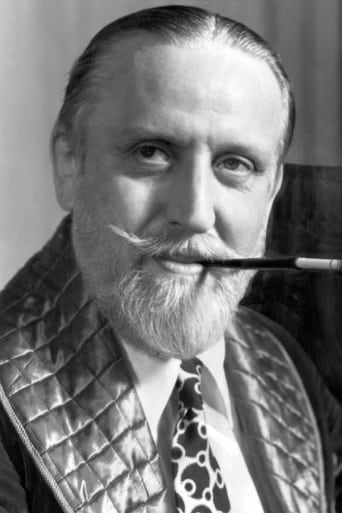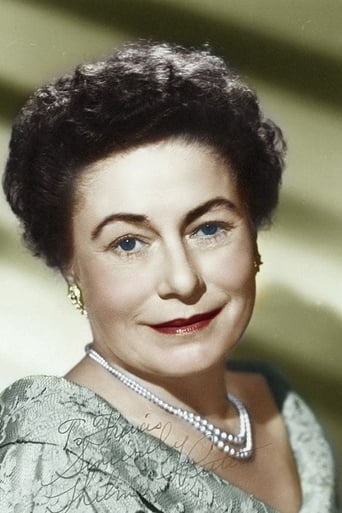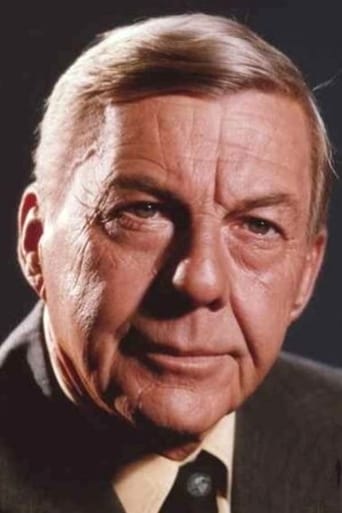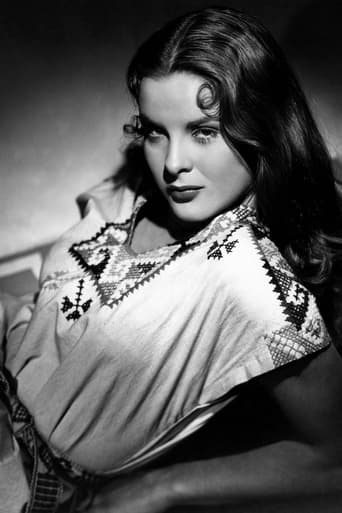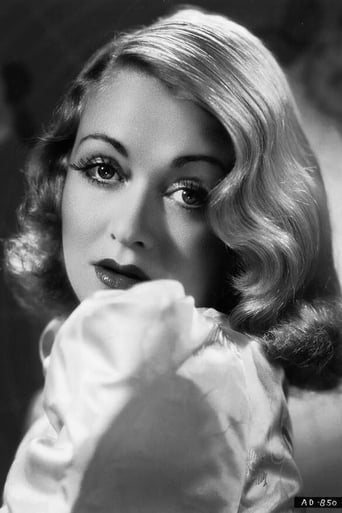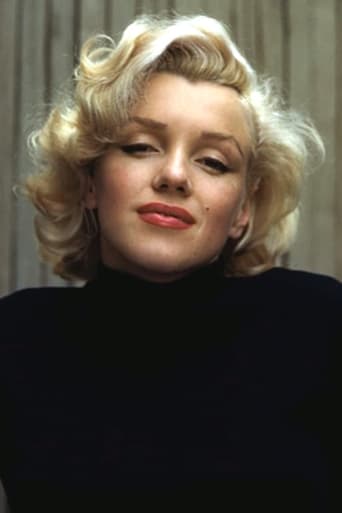weezeralfalfa
The theme of this unusual comedic drama is that the policy by many companies of the time of mandatory retirement at a certain age(commonly 65 or 70) is of questionable advisability for the company and robs many still quite capable seniors of some of their potentially most productive years, as well as an opportunity to help support themselves and perhaps others. There are, of course, various reasons why a company might feel it benefits from a mandatory age cut off.. Older workers typically cost more in salary and health insurance. They generally have much more health issues. Many will have lost their youthful zip or feel burned out. So, which policy is likely to be best for the company? Monty Woolsey, as John Hodges, argues that it's best to have some capable elderly workers around, with more work and life experiences than younger ones. Should a company's managers decide who is capable and who is not, rather than one shoe fits all?There are basically 3 personal happy endings dramatized that result from Woolley's masquerading of the CEO of the parent company of this very complex multicompany conglomerate(Consolidated Motors).Firstly, Woolley does manage to convince the president(McKinley) of his own company: Acme Printing, to rescind the policy of mandatory age-based retirement, which means that he, as a recent retiree is allowed to return to his job if he wishes. Also, 2 couples are indirect beneficiaries. His granddaughter's fiancée(Elliott) gets a promotion because his rival claimed to McKinley that Cleveland, the CEO of the parent company, was the victim of an imposter, causing McKinley to conclude that he must be crazy. Also, McKinley, was 'forced' into a reconciliation with his wife of 20 years, after she announced she would file a divorce so that she could marry the more charming and flattering Woolley(Cleveland), who was a widower. Seems McKinley had been neglecting her in recent times in favor of his young curvaceous secretary(Marilyn Monroe). But Woolley convinced her that, in the long run, she would be better off with her same-aged husband, if he reformed.So, where is the comedy, as some reviewers have asked? True, it's not a belly laugher. Partly, it's the idea that Woolley succeeded beyond his wildest dreams in not only lobbying to do away with the age cut- off, but in becoming an overnight celebrity within his company and even the newspapers, because of his superficial pronouncements on how to keep the country out of depressions and inflationary spirals. The lack of recognition of either Woolley or Cleveland by McKinley serves as a sarcastic take on the growing anonymity of workers, and even bosses, in huge plants and in huge conglomerates. Then, there's the blast of condemnation by both McKinley and other manager, when Erickson(Elliott's rival for a promotion) claims that the man they were convinced was Cleveland was an imposter. Also, when McKinley arrived at the Hodges home, looking for his wife, when the real Cleveland there claimed he was such, McKinley flew into a rage, calling him another imposter.Of course, in reality, it's implausible that a man with such a distinctive look and style of talking would be missed by his president. This is a significant, but necessary, weakness of the script.Besides Woolley, middle-aged Constance Bennett, was nearing the end of her Hollywood days. Both would find some work in TV dramas. Woolley had most often been cast as a character actor, although he had a few other leading man roles. For a man brought up in the high society of Manhattan, a graduate of Yale and Harvard, his erudite aristocratic persona came naturally. Thelma Ritter, although first billed among the women, didn't have much of an impact on the proceedings. Easily recognized by her Brooklyn accent. ...Jean Peters, as Woolley's mature granddaughter, would again be cocast with Marilyn Monroe in the popular "Niagara". Marilyn appears several times in the present film ,as McKinley's secretary and apparent lover.Did you notice that the president of Acme Printing Company and the CEO of the parent company both have the name of a US president of the late 19th century.Available as part of the Marilyn Premier DVD Collection
JohnHowardReid
Yes, this is a bit of a treat for Marilyn Monroe's legion of fans, but be warned! Despite the fact that Marilyn and Marilyn alone graces the front cover of 20th Century Fox's DVD, her role is actually rather small. We keep waiting for her return in Act Three, but she doesn't make an appearance. Instead the camera focuses mostly on Monty Woolley, whose theatrically over-pitched, one-tone voice can become more than a little wearying. I'm surprised that director Harmon Jones made no attempts whatever to hose Woolley down a bit, but allowed him to run roughshod over all the other players. The lovely Jean Peters has a particularly thankless role. Not only is she pushed into a corner by Monty Woolley, but director Harmon Jones then allowed David Wayne to step all over her! As I said for Monroe fans, this movie is a must- have! Just don't expect too much!
MARIO GAUCI
Though released on DVD as part of Fox's "Marilyn Monroe Collection", her role – playing the spirited, though obviously dumb, secretary at a printing factory headed by Albert Dekker – is actually very brief. The film is an amusing, Capraesque comedy about 65 year-old printer Monty Woolley who refuses to accept the age imposition which sends him into retirement. The plot involves him impersonating the President of the corporation which owns the factory, paying them an unexpected visit and making a speech in which he retracts the current policy – thus enabling Woolley the printer to get back his job! Complications arise when David Wayne (fiancé of Woolley's niece Jean Peters), who also works at the factory, recognizes him – but also with the attentions given Woolley by Dekker's neglected wife Constance Bennett. The film features a solid supporting cast which includes Allyn Joslyn (as Woolley's son), Thelma Ritter (as his wife, who's proud of her Brooklyn origins), Clinton Sundberg (as Wayne's ambitious colleague at the plant who could blow Woolley's cover at any moment), Minor Watson (as the real President of the conglomerate) and a young Russ Tamblyn (playing Dekker and Bennett's confused son). It's a pleasant enough diversion – adapted by Lamar Trotti from a Paddy Chayefsky(!) story – given Fox's typically polished (if fluffy) treatment.
Typing_away
This is a likeable little comedy/drama. It has a good cast, and a fairly interesting plot. One thing, though. The movie jacket for "As Young As You Feel" has a large photo of Marilyn Monroe and her name is printed on the top. Don't let that fool you, though. Marilyn only has a small part in this movie, portraying a secretary, although she makes the most of her scenes.


